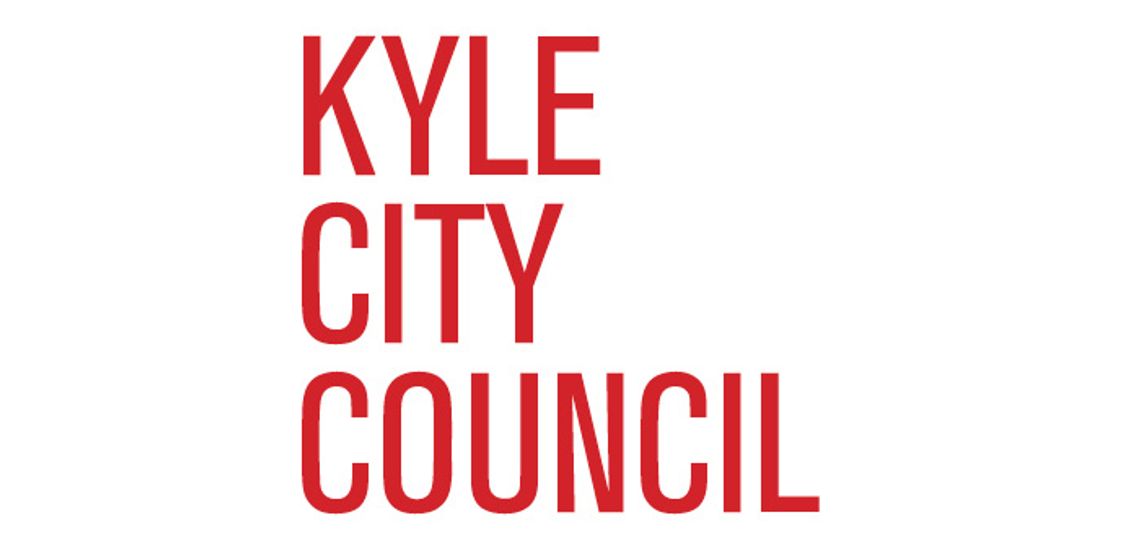Heated debate on how Kyle should approach regulation of short-term rentals (STRs) led city leaders to task its Planning and Zoning (P&Z) commission to further study the matter.
But the move, which was done by a split 4-2 vote, left some Kyle City Council members to believe they were passing responsibility on an issue the city had created. Council members Shane Arabie and Tracy Sheel both voted against the measure.
Discussion on STRs sprung up after a Jan. 26 city newsletter announced STRs were not allowed in residential zones.
PLEASE LOG IN FOR PREMIUM CONTENT. Our website requires visitors to log in to view the best local news.
Not yet a subscriber? Subscribe today!










